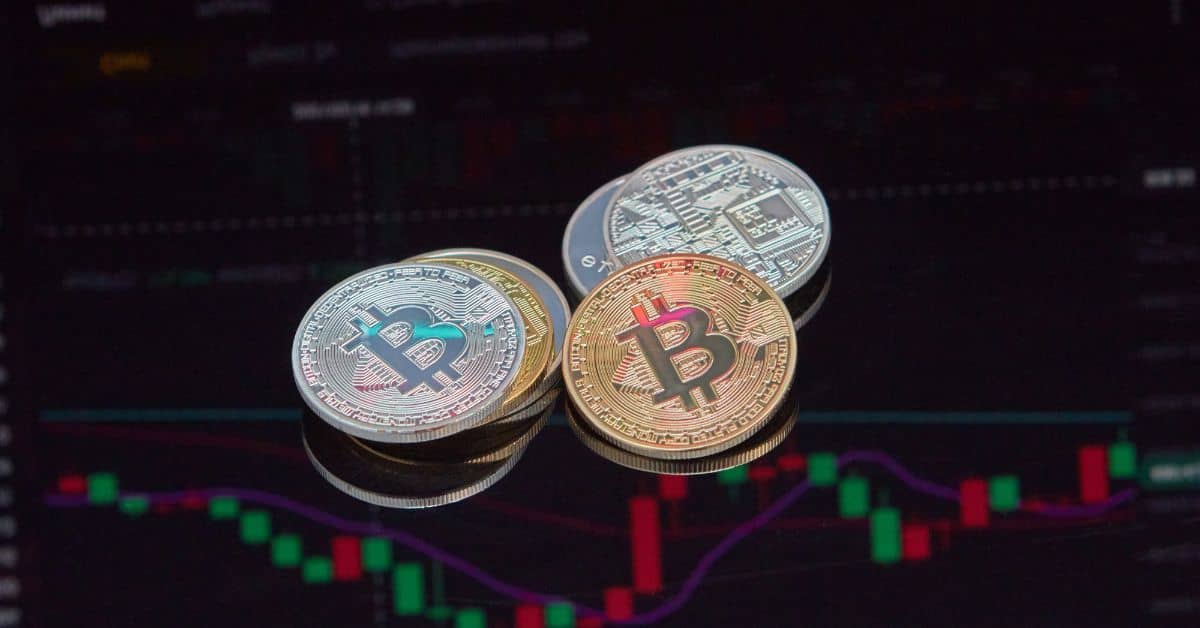BlackRock’s Bitcoin ETF plan has raised alarms among investors regarding asset ownership and the risks associated with protocol changes or hard forks.
While ETFs offer an easy way to invest in Bitcoin, there are concerns that BlackRock could potentially seize or replace Bitcoin with a less valuable token during a hard fork, compromising the security and ownership of the assets.
The issue centers around BlackRock’s control over the digital assets in the ETF. If protocol changes occur, the company reserves the right to choose which digital asset fits the ETF’s goal, potentially undermining the value of Bitcoin held within the fund.
Historical Precedents for Seizure and Centralized Vulnerabilities
The concerns about centralized control are not without merit. History has shown that governments can seize assets, as seen with the U.S. Executive Order 6102 in 1933, which forced people to surrender their gold.
Similarly, in 2013, Cyprus saw over $1 billion in bank deposits seized to stabilize its financial sector. In the modern context, governments could step in to seize Bitcoin ETF assets, as demonstrated by Canada’s 2022 trucker protests.
Having a single entity overseeing multiple Bitcoin ETFs exposes investors to significant risks. In times of crisis or political unrest, these assets could be targeted by governments, further highlighting the vulnerability of centralized systems.
Embracing Self-Custody for Financial Sovereignty
To mitigate these risks, Simply Bitcoin advocates for self-custody, which ensures that Bitcoin holders have full control over their assets by owning their private keys.
This eliminates counterparty risk and safeguards Bitcoin from third-party intervention. Services like The Bitcoin Way guide users toward self-custody, aligning with Bitcoin’s ethos of personal sovereignty and financial autonomy.
By opting for direct ownership over ETFs, investors embrace the true potential of Bitcoin—decentralization and independence from traditional financial systems.
Self-custody is seen as the best defense against centralized risks, allowing individuals to protect their assets from potential government seizure or ETF mismanagement.
The True Potential of Bitcoin
Bitcoin’s decentralized nature challenges traditional financial systems and offers a hedge against inflationary fiat currencies. However, by choosing ETFs over direct ownership, investors risk compromising Bitcoin’s core values.
BlackRock’s growing influence in the Bitcoin market calls for caution, as it may lead to situations where Bitcoin owners lose access to their actual assets.
For those who value financial autonomy, self-custody is crucial. Educating oneself about secure Bitcoin management practices can help safeguard wealth and participate in Bitcoin’s revolutionary potential.












Leave a comment